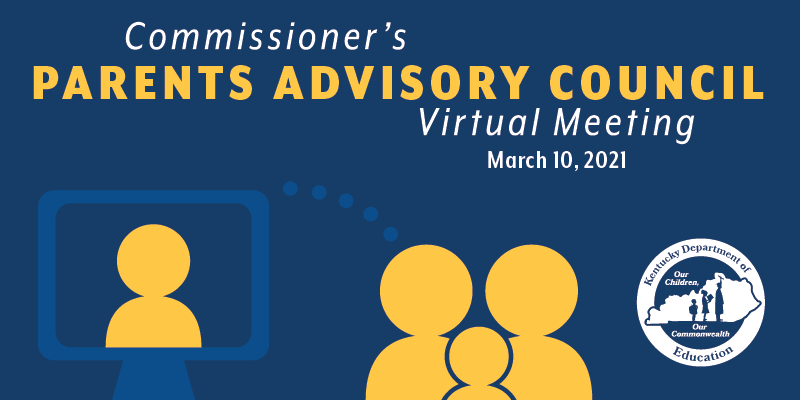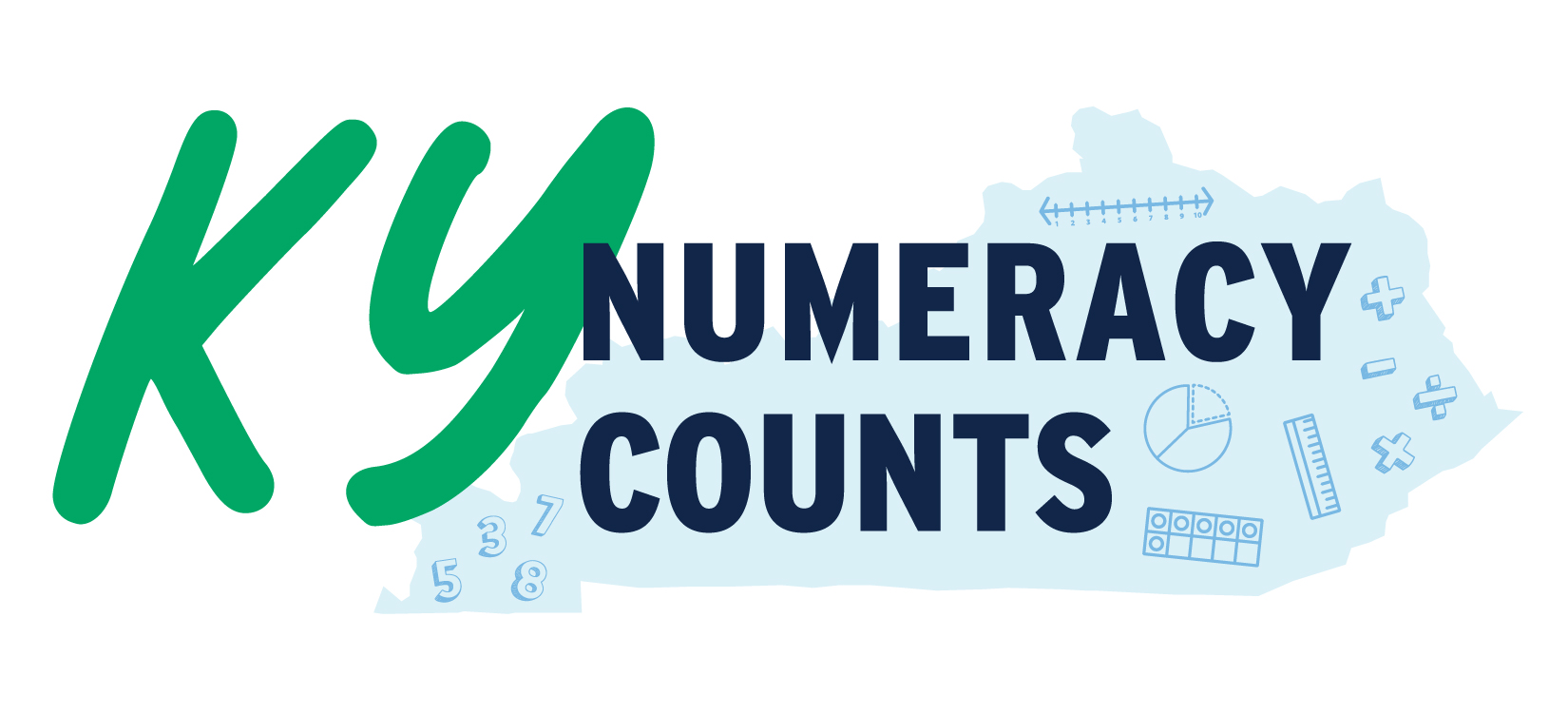 The Kentucky Department of Education’s (KDE’s) Parents Advisory Council (PAC) expressed appreciation and support for KDE’s commitment to providing schools with the resources needed to create a more equitable and inclusive environment.
The Kentucky Department of Education’s (KDE’s) Parents Advisory Council (PAC) expressed appreciation and support for KDE’s commitment to providing schools with the resources needed to create a more equitable and inclusive environment.
“We’re in the business to ensure our students have every opportunity to be successful,” said Thomas Woods-Tucker, KDE’s Chief Equity Officer and deputy commissioner in the Office of Teaching and Learning.
During the PAC’s March 10 virtual meeting, Woods-Tucker discussed the importance of Kentucky schools being safe havens for all students, and explained KDE’s commitment to diversity, equity and inclusion. In July 2020, the Kentucky Board of Education (KBE) affirmed that commitment in a resolution stating that every student deserves equitable access to excellent educators, and education leaders must embrace diversity.
“It’s going to take the entire village to ensure that our students are successful today and going forward,” said Woods-Tucker.
PAC member Rhonda Logsdon, representing the Kentucky Special Parent Involvement Network, expressed her appreciation for KDE’s strategic plan to improve equity and inclusion. “This is what’s going to be critical, and I am so grateful I am hearing this in multiple arenas, because our children cannot wait,” said Logsdon.
Damien Sweeney, program coordinator for comprehensive school counseling in KDE’s Office of Teaching and Learning, discussed the need to build awareness that societal issues that impact communities also impact schools.
“Our success in addressing these issues is directly related to our ability to collaborate and work together as a community,” Sweeney said.
“I deeply appreciate this work,” said Judith Bradley, representing Jack Be Nimble, a special education advocacy nonprofit. Bradley also expressed support for KDE’s expanded definition of equity.
“My experience has been repeatedly that disability in particular gets left out of the conversation when it comes to equity,” Bradley said. “The intersection with race in particular is really profound … and concerning.”
Woods-Tucker said schools and communities should continue to engage in conversations about racial trauma and implicit bias. KDE’s “Guidance on How Districts Can Facilitate Conversations About Race-based Stress and Trauma” can be used to help with these conversations.
KDE is creating an “equity tool kit” that will provide districts and schools with resources on unconscious bias training and to help educators choose inclusive curricula.
“It’s really up to us to examine our privilege and implicit biases,” said Woods-Tucker. “It will take a lot of determination, and it will take a willingness to improve.”
Proposed Changes to 701 KAR 5:100
Kelly Foster, associate commissioner in KDE’s Office of Continuous Improvement and Support, presented to the council a proposed amendment to 701 KAR 5:100, a regulation that contains guidelines for alternative models for school-based decision making (SBDM).
The amendment includes creating a timeline for the submission of an alternative model application, creating a 30-day timeline for the referral of applications to the Kentucky Board of Education, and requiring the KBE to review applications at its meeting following the 30-day referral window.
“We are trying to streamline two regulations into one, as well as make it easier for the local schools if they want to add members to their site-based [councils] that don’t interfere with what is in the statute,” said Foster.
Training Opportunities
Deborah Sauber, branch manager in KDE’s Office of Continuous Improvement and Support, joined the council to present several training opportunities by KDE’s Safe and Supportive Schools Branch.
The Safe and Supportive Schools Branch is responsible for a variety of initiatives, including school safety and school mental health and wellness. The branch addresses these initiatives through a variety of training and technical assistance, such as social and emotional learning (SEL).
Sauber explained there are many benefits to SEL. “Teachers who possess social and emotional competencies are more likely to teach and model those competencies to their students,” Sauber said.
In addition to SEL, the Safe and Supportive Schools Branch also provides trainings on trauma-informed care, including:
- Mindfulness practices
- Sources of Strength
- Olweus Bullying Prevention Program
- Trauma-informed practices for educators
- Resilience strategies for educators
- Positive behavioral interventions and support/interconnected systems framework
- Youth mental health first aid
For more information on youth mental health first aid or the Olweus Bullying Prevention Program, contact Sauber at Deborah.sauber@education.ky.gov. For more information on Sources of Strength, contact Cathy Prothro at cathy.prothro@ky.gov. For information on all other training sessions, contact Regina Dawson at regina.dawson@education.ky.gov.




Leave A Comment